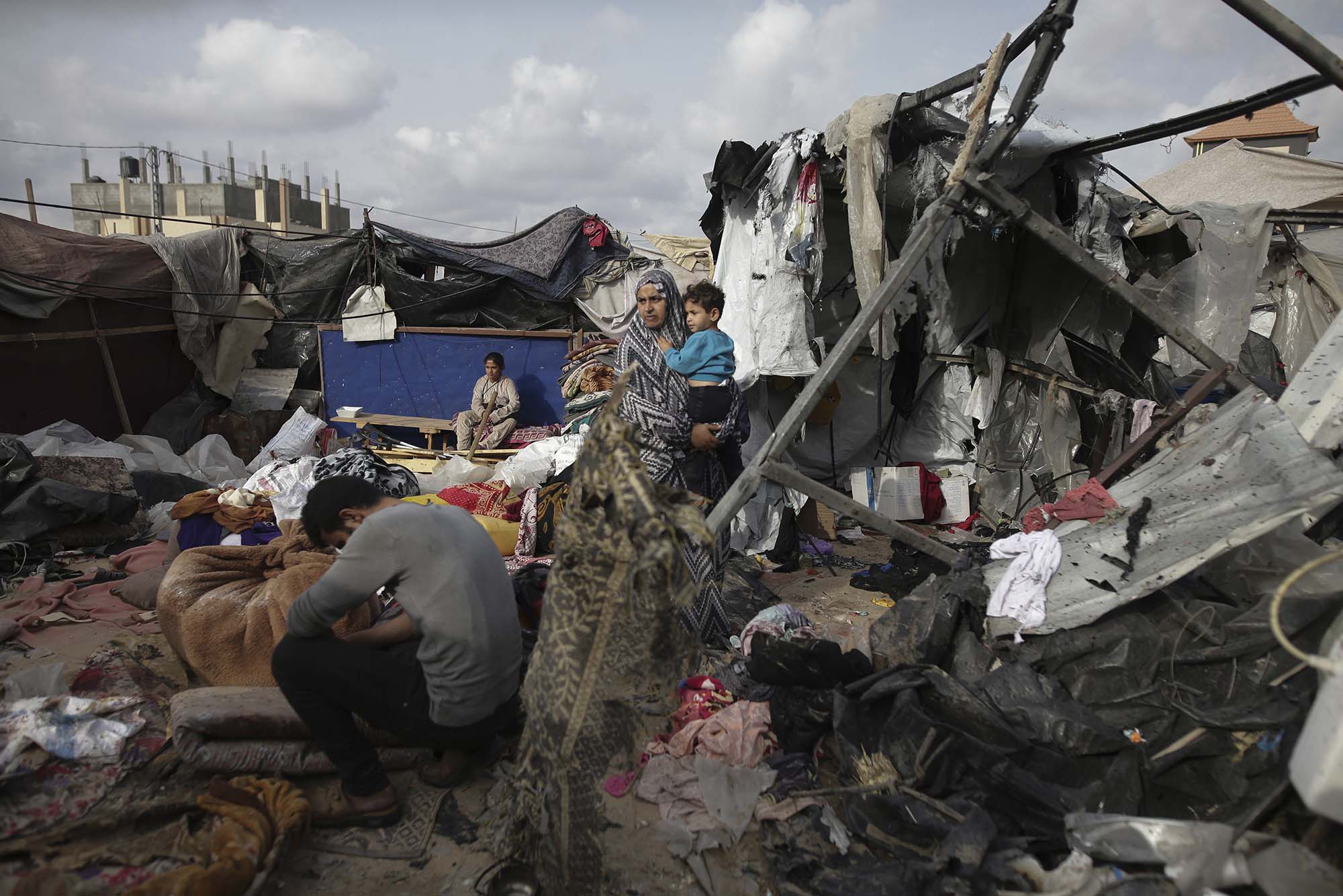Global Scholars Condemn Israel Over Gaza Allegations
Hundreds of international scholars have issued a public condemnation of Israel, alleging serious violations of international law in Gaza and calling for independent investigations.

A coalition of over 300 scholars from universities across North America, Europe, and the Middle East has released a joint statement sharply criticizing Israel’s conduct in Gaza, accusing the government of committing grave breaches of international humanitarian law. The statement, circulated widely on September 4, 2025, follows months of escalating violence and mounting civilian casualties in the besieged enclave.
The scholars, representing fields from law and political science to Middle Eastern studies, allege that Israel’s ongoing military operations in Gaza have resulted in disproportionate harm to civilians and critical infrastructure. The statement asserts, “The deliberate targeting of residential areas, hospitals, and schools cannot be justified under any circumstances and may constitute war crimes under the Geneva Conventions.”
International Response and Calls for Accountability
The condemnation comes amid growing international scrutiny. Human rights organizations such as Amnesty International and Human Rights Watch have echoed similar concerns, urging the United Nations to launch an independent inquiry. European Union officials have called for “full transparency and accountability,” while the U.S. State Department has expressed “deep concern” but stopped short of endorsing the scholars’ allegations.
In Israel, officials have dismissed the statement as “politically motivated slander.” An Israeli government spokesperson claimed, “Our military takes every precaution to minimize civilian casualties and operates in accordance with international law.” However, independent observers and journalists have documented repeated strikes on civilian infrastructure, raising questions about the credibility of official narratives.
Propaganda and Disinformation
Media analysis reveals that state-affiliated outlets in Israel and several allied countries have sought to discredit the scholars’ statement by labeling it as “anti-Semitic” or “misinformed.” Such tactics, including ad hominem attacks and appeals to national security, are commonly used to deflect criticism and undermine legitimate debate. Meanwhile, Russian and Iranian state media have amplified the condemnation, sometimes exaggerating casualty figures or omitting context, reflecting their own geopolitical interests.
Broader Implications and Next Steps
The scholars’ statement has sparked debate within academic and diplomatic circles about the role of international law in conflict zones and the responsibility of third-party states. Several universities have announced forums to discuss the allegations and the broader implications for academic freedom and political advocacy. The United Nations Human Rights Council is expected to address the issue in its upcoming session, though any concrete action remains uncertain amid geopolitical divisions.
While the Israeli government continues to reject calls for an independent investigation, pressure is mounting from both civil society and international institutions. As the humanitarian situation in Gaza deteriorates, the question of accountability—and the credibility of international law—remains at the forefront of global concern.